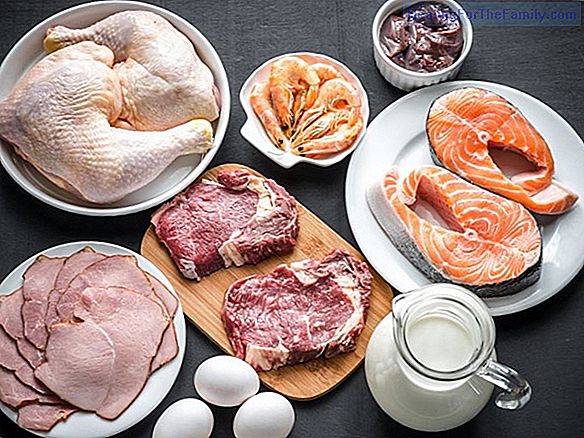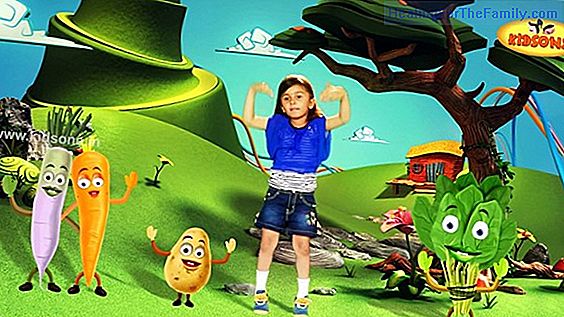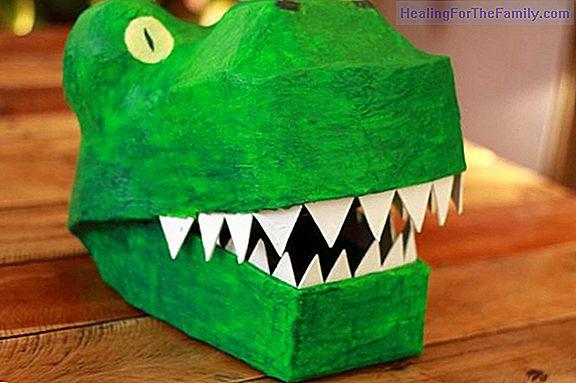Introduction of solid foods in the baby's diet
The introduction of solid foods, complementary to breastfeeding, is one of the questions that raises most doubts in the parents. It is true that it is not convenient to be overwhelmed, and that it is better to let the child himself give us clues as to when and how he wants to eat certain foods, but
The introduction of solid foods, complementary to breastfeeding, is one of the questions that raises most doubts in the parents. It is true that it is not convenient to be overwhelmed, and that it is better to let the child himself give us clues as to when and how he wants to eat certain foods, but it usually helps a lot to have a guide to recommendations on the baby's diet. It is important to know that during the first 6 months of life babies only need breast or artificial milk to meet all their nutritional needs.When to incorporate solid foods into the baby's diet
- Although it is not strictly necessary, in many cases gluten-free cereals are introduced around 4 months in the case that breastfeeding is artificial (if the child only takes breast milk not it would be necessary or if perhaps with breast milk extracted with breast pumps).
- At around 5 months of age, the

fruit pans
(pear, banana, apple with or without orange juice) are usually introduced (it is not strictly necessary either). Orange juice can be substituted for milk if it is too acidic for the child. You can also let your baby touch the food to suck or nibble it, always avoiding foods that can choke, and very small pieces. Take a few teaspoons a day, if you do not like fruit nothing happens, do not insist or overwhelm. - Around 6 months of age, vegetable purées are usually introduced. We usually recommend to start with potatoes, green beans and carrots, and after 2 or 3 weeks introduce the chicken and then alternate chicken and veal. Approximately 30 grams of chicken or veal are sufficient at the beginning, to gradually increase (usually the increase is 10 grams per month up to 80 grams). The first few days maybe they only take a few spoonfuls, nothing happens, their main food is milk, and they should not take milk to take solid. - At 8-12 months of age, the baby is ready to eat frayed or finely chopped meat. Babies who drink only breast milk should be introduced at about 8 months of age, or if they do not take meat, assess an iron supplement, since breast milk is not an iron-rich food source, but infants keep reserves of iron. adequate iron until 8 months of age.
- At 9 months the yolkcan be introduced, generally cooked, starting little by little, and no more than 3 a week. Egg white is usually introduced after 12 months of age. The fish could be given from 9 months, but very carefully by the thorns.
General advice for the diet of babies - Thewhole cow's milk
should not be given before 12 months of age. - The introduction of gluten in general is recommended before 7 months of age, but it must be individualized according to the cases.- It is not convenient to add
salt or sugar
in the baby's food. - It would be prudent to not offer several new foods on the same day pero, but neither should you obsess. When the mother works normally, the child will eat solids in his absence and breast when he is with the mother. In many cases you can take all or almost all the milk you need in the hours you are with the mother.












